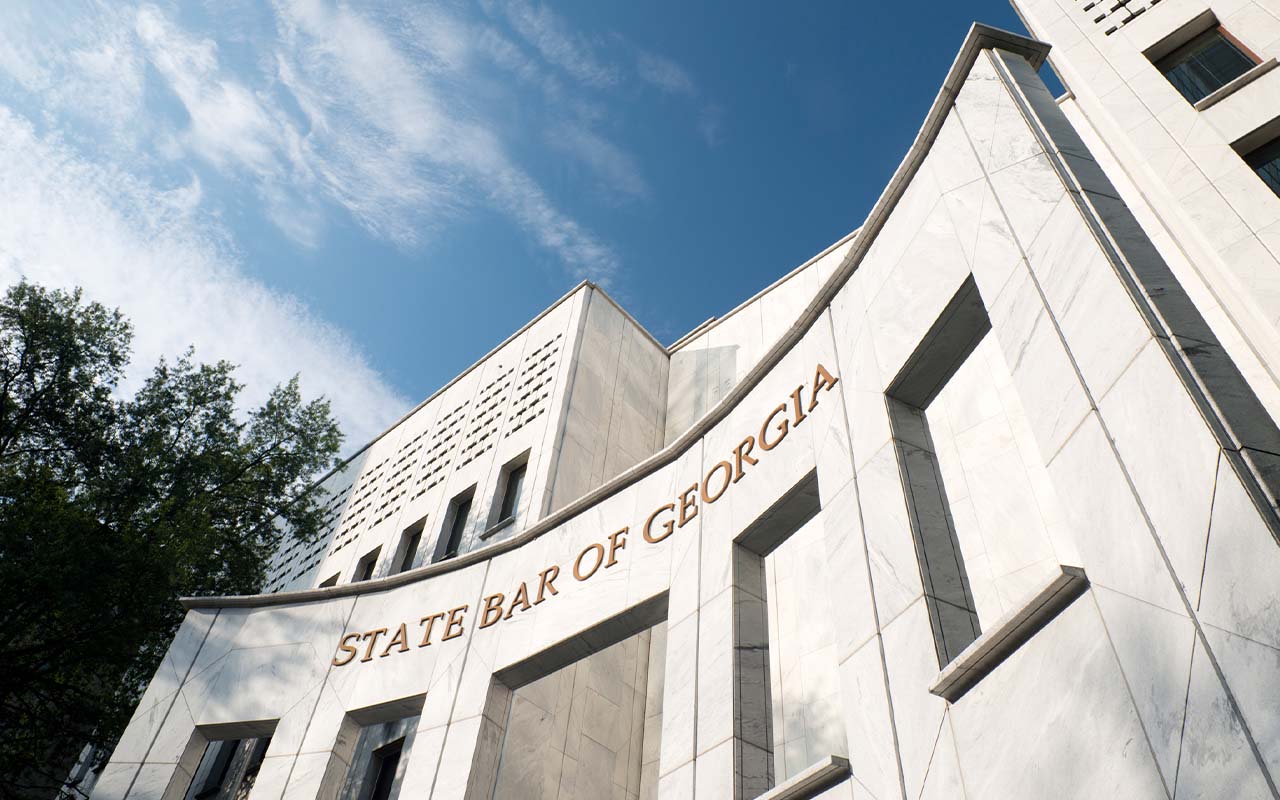July 22, 2024
IRS Issues Final Regulations Under Section 367(b) on Anti-Abuse Rule for Triangular Reorganizations and Inbound Nonrecognition (“Killer B”) Transactions
On July 17th, 2024, Treasury and the IRS released final regulations (TD 10004) under Section 367(b) of the Internal Revenue Code (the “Code”). These regulations provide guidance on the taxation of certain cross-border triangular reorganizations, commonly referred to as “Killer B” transactions. “Killer B” transactions generally had the effect of allowing a foreign subsidiary to effectuate a tax-efficient repatriation of cash or other property to acquire stock in its parent company. Afterwards, the subsidiary exchanges parent stock for the stock or property of another target corporation in a tax-free triangular reorganization.
Background:
In general, Section 367 was enacted to prevent the use of certain non-recognition provisions to avoid U.S. taxation on the transfer of property between U.S. persons and foreign corporations.
Section 367(a) primarily applies to outbound transfers of property from the U.S. to foreign corporations. Under Section 367(a), if a U.S. person transfers property to a foreign corporation in connection with certain exchanges (such as in liquidation of subsidiaries, exchanges of stock in certain reorganizations, etc.), the foreign corporation will not be considered a corporation for the purpose of determining the extent of gain recognized. In application, where a transaction qualifies for non-recognition due to the foreign entity being a corporation, Section 367(a) requires recognition of gain.
Section 367(b) deals with other transfers involving foreign corporations, such as inbound transfers and certain foreign to foreign transfers, that which are not subject to Section 367(a). Under 367(b), foreign corporations are treated as corporations, allowing non-recognition, except to the extent provided in the regulations. As described below, the regulations aim to preserve taxation of foreign earnings and profits by requiring deemed dividend inclusions or gain recognition.
The legislative history to Section 367(b) describes Congress’s particular concern with the need “to protect against tax avoidance . . . upon the repatriation of previously untaxed foreign earnings.” In 2017, Congress passed the Tax Cuts and Jobs Act (“TCJA”) which added Section 245A to the Code. Under Section 245A, certain United States shareholders of a specified 10-percent owned foreign corporation (“SFC”) generally are entitled to a 100% dividends received deduction with respect to dividends received from the SFC. As a result of the TCJA, an increased amount of earnings and profits of foreign corporations are not taxable when distributed—either because the earnings and profits constitute previously taxed earnings and profits or give rise to dividends (including deemed dividends under Section 367(b) discussed below) that are eligible for the section 245A dividends received deduction.
Previously, on May 17, 2011, final regulations under Reg. Sec. §1.367(b)-10 were issued to address the avoidance of U.S. tax on the repatriation of foreign earnings in connection with cross-border triangular reorganizations. The effect of those regulations was that Killer B transactions resulted in a deemed distribution equal to the fair market value of the money and other property used by subsidiary to acquire parent stock, followed immediately by a deemed contribution by parent to subsidiary of the property that was deemed to be distributed. The deemed distribution is treated as a dividend to the extent of subsidiary’s earnings and profits.
Final Regulations under Section 367(b):
The final regulations under Section 367(b) contain no substantive changes to the proposed regulations issued on October 6, 2023, which implement the regulations announced and described in Notice 2014-32 and Notice 2016-73. Notice 2014-32 addressed transactions that Treasury viewed as exploiting certain aspects of the 2011 final regulations for a favorable tax benefit. Notice 2016-73 addressed transactions where foreign corporate earnings and basis are repatriated tax-free and modified the amount of income recognized in an inbound nonrecognition transaction, regardless of whether the taxpayer had engaged in a triangular reorganization. These proposed regulations narrowed the scope of the “excess asset basis” (“EAB”) rules.
Under the final regulations, the EAB rules created a deemed pro rata distribution of specified earnings to the acquired foreign corporation from foreign subsidiaries.[1] For this purpose, a “foreign subsidiary” is defined using the ownership requirements of Section 1248(c)(2)(B), which uses a 10% ownership threshold.[2] Accordingly, “foreign subsidiary” can include foreign corporations “owned” solely by a target foreign corporation solely as a result of the constructive ownership rules and in which it has no direct or indirect ownership interest.[3]
The final regulations under Section 367(b) aim to eliminate previous opportunities exploited by foreign corporations engaged in Killer B transactions. They largely address the tax treatment of the property used by the subsidiary to acquire parent stock in connection with triangular reorganizations involving one or more foreign corporations. Additionally, the new final regulations specify rules governing the transfer of assets among related foreign corporations and provide clearer guidelines to ensure that transactions are consistent with the intended tax policies.
Furthermore, the regulations provide an anti-abuse rule to prevent the use of subsidiary corporations created, organized, or funded to avoid the applications of these rules.[4] In such instances, the earnings and profits of these subsidiaries will be deemed to include those of the related corporation, thereby preventing tax avoidance strategies.
Overall, the final regulations aim to clarify treatment of foreign corporations involved in triangular reorganizations and aim to balance needing a mechanism to correct basis imbalances in acquired foreign corporations with administrability issues. By addressing certain loopholes and introducing an anti-abuse rule, these regulations are intended so that subsidiaries cannot exploit their structure to avoid tax obligations.
If you have any questions or comments about the implications of the final regulations under Section 367(b), please contact Danielle Weisman, Deepan Patel, Wells Hall, or Seth Proctor, who have contributed to the preparation of this tax alert, or any other member of the firm’s tax practice group.
[1] See Prop. Reg. § 1.367(b)-3(g)(1) and (3).
[2] This includes constructive ownership under Section 958(b).
[3] Treas. Reg. § 1.367(b)-3(g)(1) contemplates and clarify this result, “the distribution is treated as being made through any intermediate owners, or directly from any constructively owned foreign subsidiaries, where applicable.”
[4] Reg. § 1.367(b)-10(d)(1).
Established in 1897, Nelson Mullins is a full-service Am Law 100 firm of more than 1,000 attorneys, policy advisors, and professionals with offices across the United States. For more information, go to www.nelsonmullins.com.









